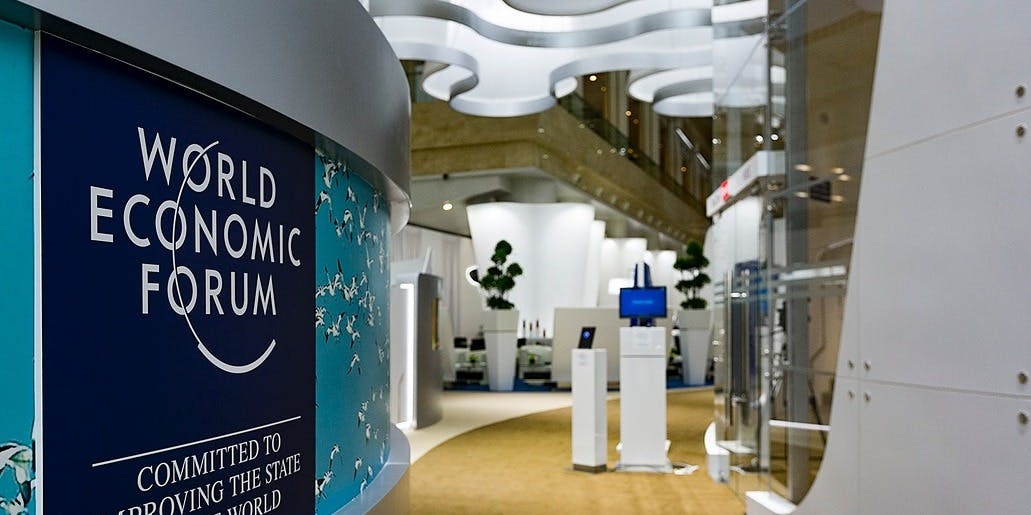617 reads
Does Economic Uncertainty Create More Demand for Gold and Bitcoin?
by
August 15th, 2019
Professional Digital Marketer And Blockchain, AI & Machine Learning Enthusiast
About Author
Professional Digital Marketer And Blockchain, AI & Machine Learning Enthusiast
